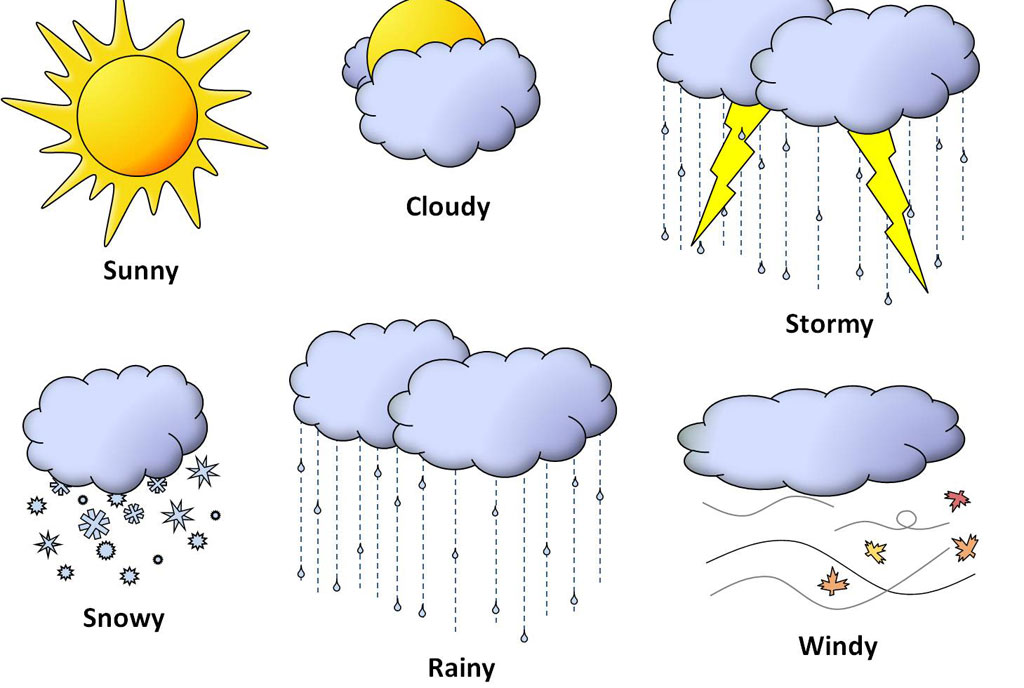Studying the weather is one of the rarest careers young people will consider taking on in Uganda. Could it be because they do not understand it well?
Hassan Adiga, 31, has been a meteorologist since 2015. He is a lecturer at the National Meteorological Training School (NMTS) in Entebbe. For two periods — after he completed his diploma and after he earned his degree — he worked at the National Meteorological Centre (NMC) based at the Directorate of Air Navigation at Entebbe International Airport. After his secondary school education at Mityana Secondary School, Adiga obtained a Diploma in Meteorology from NMTS and a Degree in Meteorology from Makerere University.
“When I decided to study meteorology, my parents were skeptical. My father knew nothing about it. So I travelled to Entebbe, visited NMTS and got information to share with him. He still felt I was misplaced.”
Adiga insisted that meteorology was the right course for him since his dream was to become a climate scientist. His father eventually agreed to pay for his studies.
“My parents have come to realise that meteorology is a blessing. I have now decided to specialise and I am studying a Masters degree in Climate Change and Disaster Management at Busitema University,” he says, adding that he travels to Tororo every weekend for lectures.
What exactly do you do at NMTS?
I train the people who are going to do the real meteorological work. There are three levels of training. Those at certificate level will become weather observers at upcountry weather stations. They monitor changes in the weather on an hourly basis. Those at diploma level become weather forecasters while those at degree level are weather analysts. We analyse data collected by the weather observers and foretell what will happen; whether it will rain tomorrow, if the rainy season will be longer, or if there will be a drought somewhere.
What influenced you to study meteorology?
I have lived all my life in Mityana District and with time, I noticed a frequency in droughts in the area. I felt a need to find out why and in my quest, I ended up at NMTS.
What do meteorologists at NMC do?
NMC is a collection centre for the data gathered from the weather stations across the country. Data is sent in every hour and then forwarded to the forecasting section where our people use computer analysis to come up with forecasts. The officers in the briefing section make terminal aerodrome forecasts which they send to air traffic controllers every 30 minutes. The controllers then prepare flight folders and relay the data to pilots during takeoff, cruising, and landing.
That seems like a lot of information to sort through.
The data does not stop at NMC. Our communications section relays it to the regional centre (Regional Specialised Meteorological Centre) in Nairobi, where it is analysed and regional forecasts made. Then it is relayed to the World Meteorological Organisation in Geneva, Switzerland for global forecasts.
Meteorology seems complicated…
Many people think geography is the main subject one needs to pass to study this course. However, this is a serious course that concentrates on the science of the atmosphere and, therefore, has a high demand for mathematics and physics.
Besides analysing weather, what other opportunities are open to a meteorologist?
People specialise at Masters level. Some can study aviation meteorology. Others can study hydro meteorology which has a lot to do with water resource management, and agro meteorology which determines how weather and climate affect crop and animal production.
Isn’t it boring spending the whole day looking at the weather?
No, although you have to spend a lot of time looking at a computer. This is an interesting science which inspires one to keep learning because one concept develops another.
What are the basics of reading weather?
I can teach you traditional weather forecasting. If you see trees shedding leaves, the dry season is approaching. When you hear frogs croaking at night, the rainy season is at hand. Sometimes, insects (grasshoppers and locusts) tell you something is approaching.
Why is it that sometimes it is hot in Kampala yet we are supposed to be in a rainy season?
A rainy season does not mean rain every day. Usually, urban areas are warmer because they are cemented and tarmacked, and the materials absorb heat. The absorbed heat is later emitted and this raises the temperature. If we tarmac everything and leave no vegetation, the temperatures will continue going up. That is why we never establish weather stations in city centres; they may not give a true picture of the ambient temperature.
How come the rainfall in Entebbe is low yet it is almost always cloudy?
The rains that you experience in Kampala sometimes originate in Entebbe. Clouds give us rain, but unfortunately, clouds are easily moved by the wind. The wind may blow those clouds from Entebbe to Kampala.
People accuse meteorologists of giving wrong forecasts…
I have heard people complain but I think they do not understand our weather forecasts. Our forecasts are 75 per cent accurate, so those who are able to interprete them are appreciating. A lot has improved in our forecasting.
Was there a forecast for the rains in Bududa?
I am told we advised them that the rains may be heavy and there might be flooding. But as you know in Uganda, we are more reactive than proactive.
What are the challenges of this profession?
The forecasting tools are few. We do not have weather radars to track wind and precipitation (storms) to make accurate forecasts. However, we are improving because we are using up-to-date models, though we need some more. I believe the radars will be in place soon because our bosses are working tirelessly to ensure that we get the best.
What advice do you give aspiring meteorologists?
Weather and climate are things we live with. You can use the knowledge you acquire to form action to safeguard the community against the disasters of climate change. One can specialise in aviation or agro meteorology at the University of Nairobi, or hydro meteorology at Makerere University. The Institute for Meteorological Training and Research in Nairobi also offers advanced courses in weather forecasting.
Wish for change
This is a closed career because the majority of trainees look for employment at Uganda National Meteorological Authority. I wish job opportunities for agro meteorologists can open up at district level because a large percentage of the rural population is engaged in farming. Agro meteorologists can translate weather data to the common man so that we avoid the mess ups where people complain that they were told it would rain, they planted, it rained for one week and then there was a long dry spell.
Studying meteorology
At diploma level, one needs Shs1.3m per semester while at degree level, one needs about Shs1.5m per semester.
Inspired by…
The principle meteorologist, Dr Bob Ogwang, is my hero. He is very good with modeling and has published a number of papers on drought and climate change. I want to do the wonders that he is doing.


































































